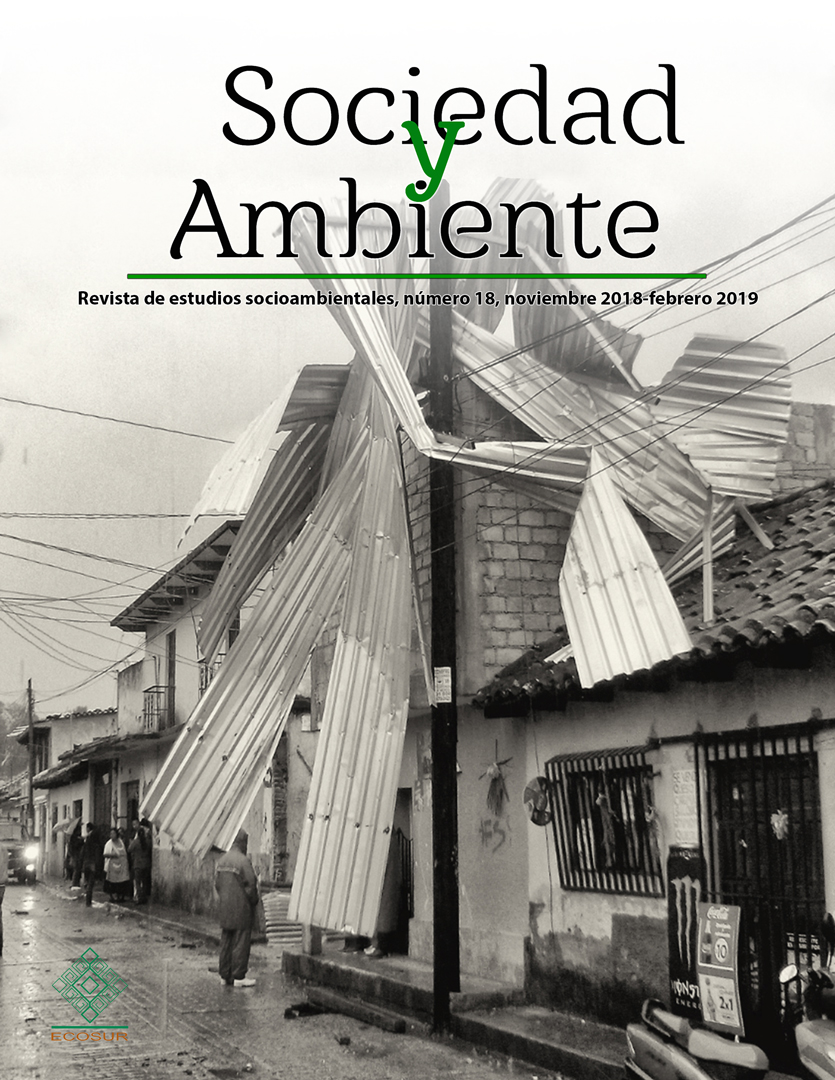Abstract
The objective of this article is to analyze the persistence of the traditional division of domestic work within households, with little appreciation of the activities of reproduction of life, motherhood, care and attention to other people, which in marginal conditions increase burdens and reduce the likelihood of women’s empowerment, where scarcity, poor distribution and quality of water become an obstacle to gender equality, enjoyment of the human right to water and women’s rights. The theoretical link between gender, institutionalism and marginality, as well as the selection of the case study, constitutes our most relevant contribution, because it allows analyzing the impact that the functioning of the institution responsible for the distribution of water has about women, because it reinforces the habit and the cultural norm that is responsible for solving the supply of water inside their homes. We analyzed the gender problems faced by women heads of households about domestic water in five marginalized colonies in the city of La Paz, in which we applied a total of 42 questionnaires, with which we concluded that women heads of marginalized households in addition to the overload of domestic work and care derived from insufficient and deficient supply of water provided by the public organism, they must face the costs derived from both the daily errands they need to make so that the water they receive to meet their minimum needs, as the cost paid for the consumption of bottled water to local or neighborhood purifiers.

Sociedad y Ambiente by ECOSUR is licensed under a Creative Commons Reconocimiento-NoComercial-SinObraDerivada 2.5 México License


